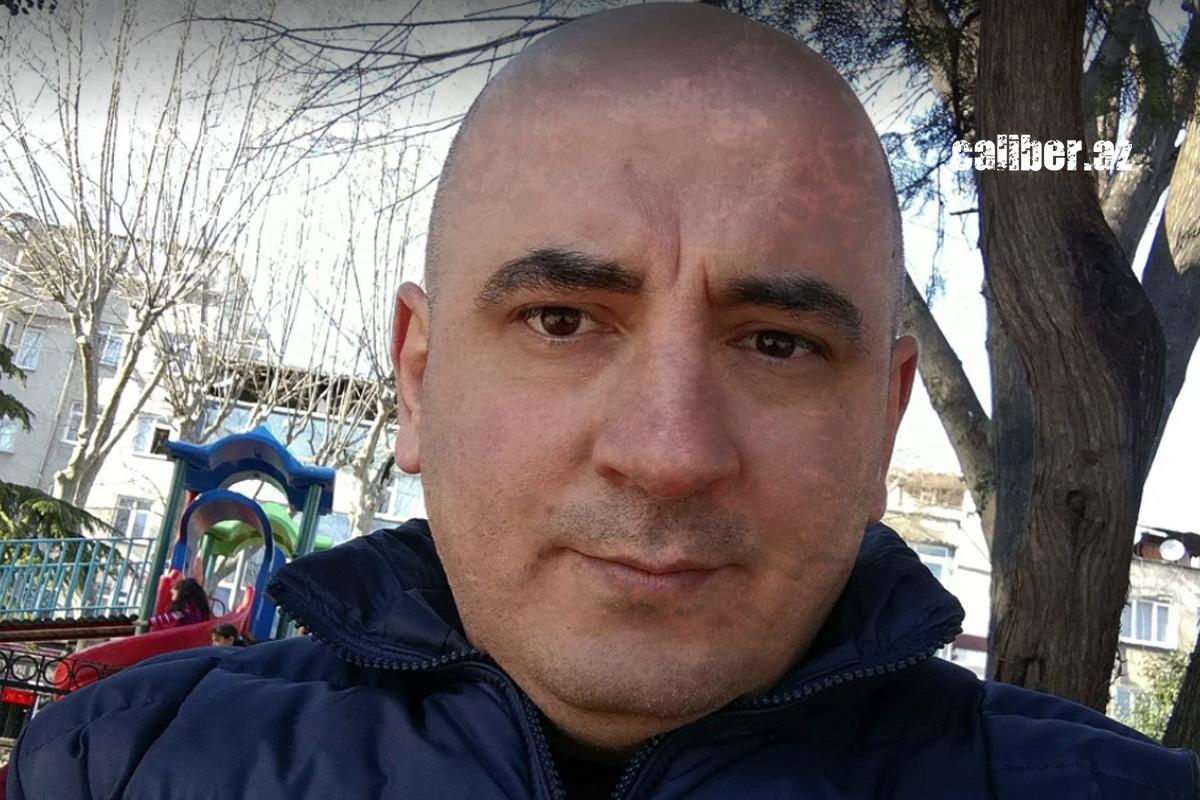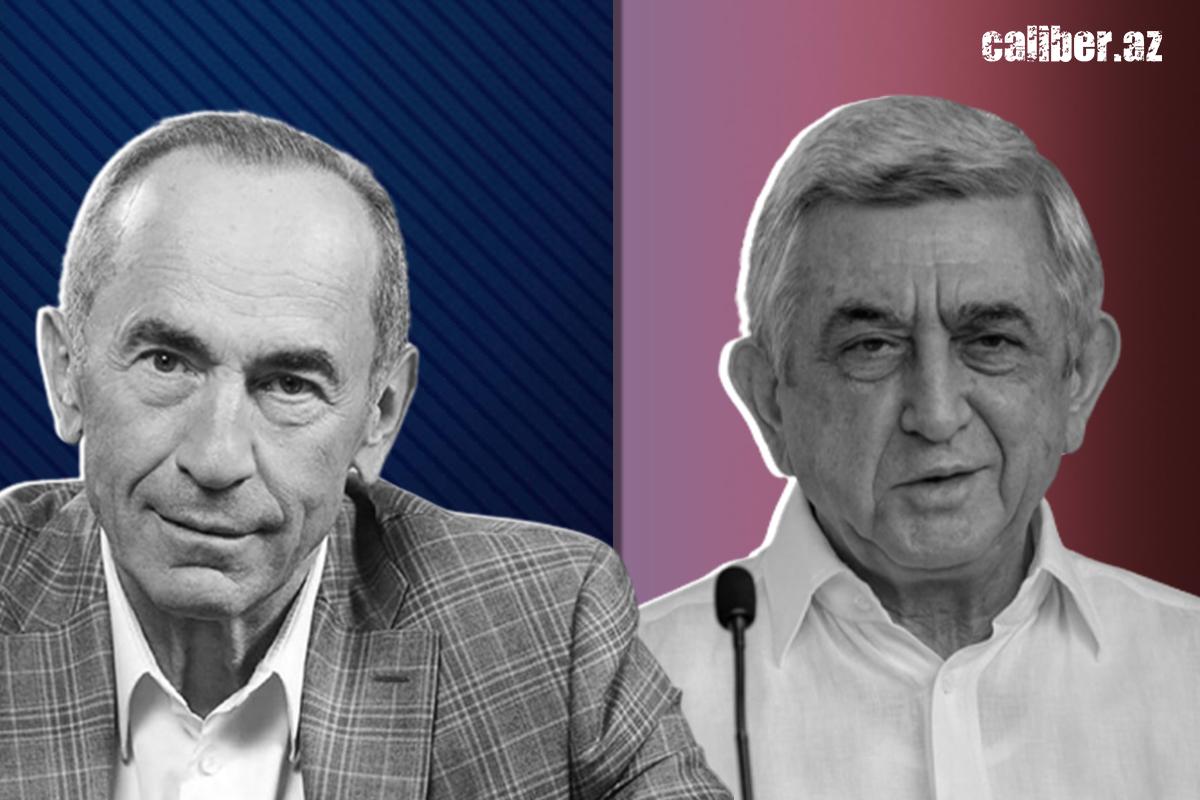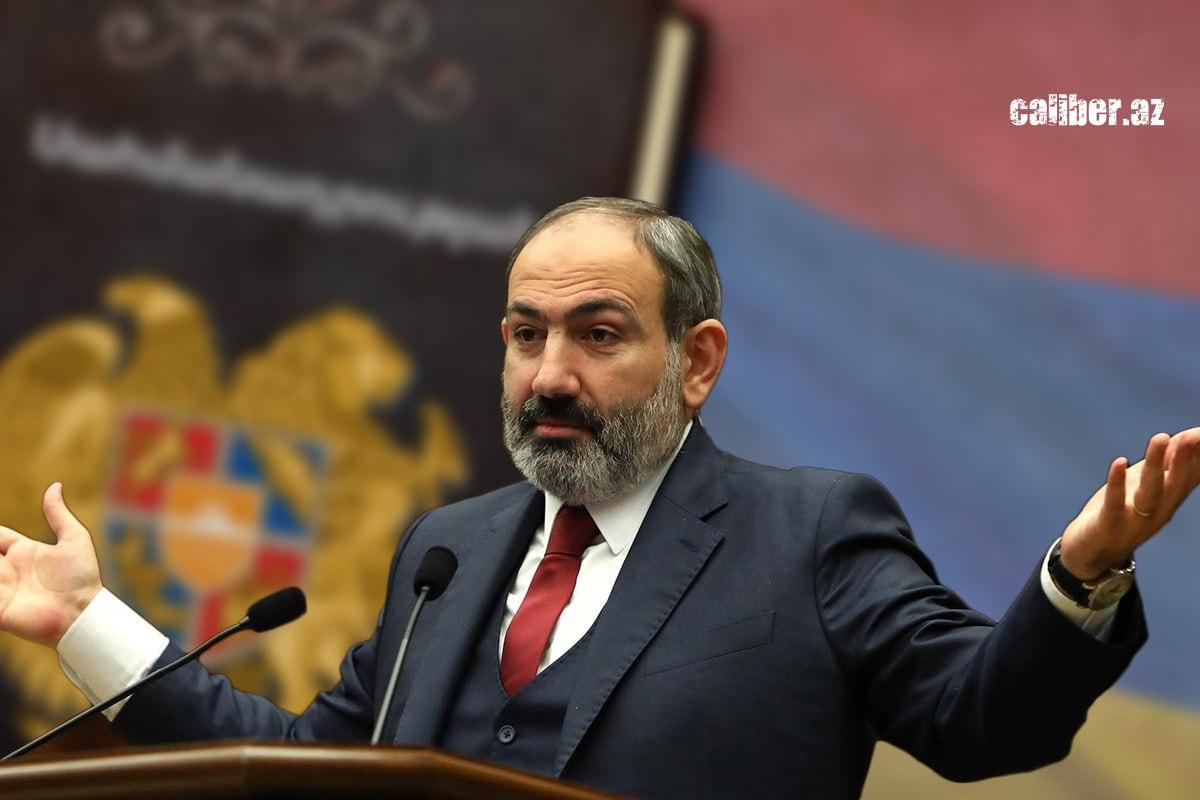"Terror has always been the favourite tool of Kocharyan and Dashnaks" Armenian pundit on Caliber.Az
Caliber.Az presents an interview with Armenian blogger, activist and public figure Ishkhan Verdyan.

- Mr Verdyan, how do you assess the current protest potential in Armenia? Does it pose a threat to the current government? What forces are behind it, in your opinion?
- I believe that the current protest movements in Armenia do not have the potential to influence the political course of Prime Minister Pashinyan, from this point of view they do not pose any danger to the authorities of the country. Another thing is that the so-called protesters, who are in fact representatives and followers of the Karabakh clan, a clan of state criminals, are capable of slowing down the settlement process by organising all kinds of provocations and terrorist acts even after the signing of the peace treaty between Baku and Yerevan. Banditry and terror have always been the favourite tools of former President Robert Kocharyan and his Dashnak allies, and I am sure that they will try to use them. My confidence comes from the fact that further on the peace process will go the same way and the Dashnaks will have nothing more to present to Pashinyan. That is, if they fail to stop Pashinyan at this stage, they are guaranteed to lose face in the near future, their ideology will collapse, and all the untold treasures they have looted will become state property.
Thus, these protests are the death agonies of the beast that awaits imminent annihilation.

- What is your assessment of Nikol Pashinyan's recent statements about Yerevan's lack of territorial claims to its neighbours? Will the Armenian leadership follow this course in the future?
- I assess Prime Minister Pashinyan's recent statements on this matter as those of a sensible leader who clearly understands his jurisdiction and tries to stick to it. Nikol Pashinyan will follow his promises, because for him there is no turning back. The absence of claims outside one's territory is a natural behaviour for any country, and Armenia is no exception, and refusing to do so means dragging Armenia into a war in which it will simply be destroyed. And Prime Minister Pashinyan is well aware of that. He will achieve his goals with difficulty, but he will achieve them. He will be hindered, of course, but to no avail.

- Is it possible to cite the process of delimitation and demarcation as a clear example of this?
- Yes. The process of delimitation and demarcation of the border that has started is, in fact, already an example of normal relations between Azerbaijan and Armenia. Everything is taking place in a peaceful atmosphere, without armed incidents, on the basis of dialogue between the state agencies of the two countries. Isn't this the beginning of normalisation of relations? Yes, I do not doubt that at the end of this road, we will inevitably see the signing of a peace treaty.
- Your forecast is encouraging. Will Pashinyan take part in the upcoming three important events in Moscow?
- Frankly speaking, it is difficult to predict Nikol Pashinyan's steps and actions here. I can only say that if he refuses to meet in Moscow, it would be a mistake on his part, because Russia is not a country that should be so blatantly ignored. Yerevan has voiced claims to Moscow, it is true, but these claims should not serve to turn Russia into Armenia's enemy. Thus, in my humble opinion, Pashinyan's visit to Moscow could serve to defuse the tension between the two countries that is currently taking place.
- Will Yerevan take concrete steps towards Western integration by the end of this year?
- It seems to me that, unlike the motley crew of experts who demand Armenia's immediate withdrawal from the EAEU and entry into the European Union, Nikol Pashinyan has enough common sense to correctly assess Armenia's geographical position and its real possibilities. Armenia has no common border with the EU countries, which makes its direct participation in this formation impossible.

On the other hand, Armenia does not have sufficient reasons to leave the EAEU, especially since it is participation in this Eurasian structure that ensures unprecedented growth of the Armenian economy in recent years. Nikol Pashinyan himself said that his goal is regionalisation. "We should not enter the region through the world, but enter the world through the region" - this is his direct quote, and I think it sounds quite exhaustive.
I cannot say anything about the CSTO yet, but if we take into account the fact that Armenia's conflict with this organisation is directly related to the delimitation of the Armenian-Azerbaijani border, then with the successful completion of delimitation the conflict will exhaust itself.
- So you think no French military bases will appear in Armenia in the future?
- I do not believe in the appearance of French military bases in Armenia. France can and wants to sell weapons to Armenia, and most likely will do so, but the presence of military bases is a completely different geopolitical level. French bases will create new realities in the region with new risks, which Armenia does not need at all.








